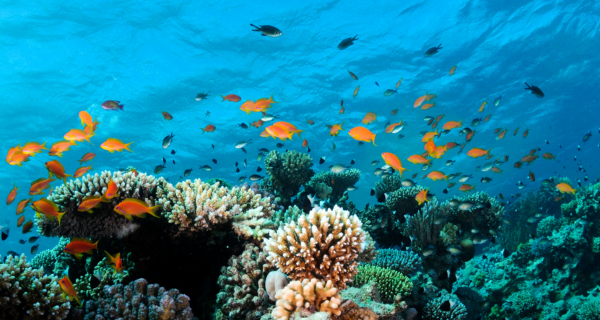Proposing a New Model of Eco Education


What is Ecological Education?
Ecological Education (EcoEd) is a new framework for learning that takes principles from Nature and applies them to the classroom. In EcoEd, Nature is more than just a passive subject for study. It's a dynamic, active participant in the educational process. By using Nature as a model for a healthy, diverse community, teachers can integrate ecological concepts into every part of the curriculum. Along the way, students will experience project-based exploration and gain an understanding and appreciation of Nature, forming their own Ecological Mindset that informs their futures.
Ecological Education in Practice: Principles from Nature


Interdependence
- Organisms in Nature each play a role in their ecosystem
- Similarly, members of a school environment play their own roles


Diversity
- Communities in Nature must be diverse to succeed
- Biodiversity and human diversity are necessary for flourishing


Beauty
- Beauty enriches human life and contributes to organisms' survival
- In our studies, beauty inspires us and leads to creative innovation


About the Authors: Irina Tuule
As a Co-Founder and Lead Researcher at Eduporium, Dr. Irina Tuule is on a mission to improve the education of every child, especially children at risk, using the potential of innovative tech tools, and prepare them to succeed in solving current and future problems. One of the pioneers of the environmental movement in Russia, she holds a Ph.D. in Philosophy of Education as well as vast experience in pedagogical research and teaching at Russian and American Universities. Her latest theoretical interest is in forming students’ Ecological Mindset through Eco Education. She is passionate about bringing emerging technology to schools, boosting student (and teacher) creativity and inventiveness, and applying their knowledge to real-life scenarios, especially around environmental issues. A true believer in hands-on, inquiry-based learning, she is testing and sharing ideas for enhancing education with fellow educators through workshops, webinars, pilot programs, and presentations at local, national, and international conferences.


About the Authors: Paul Rubeo
Over the course of four decades, Paul Rubeo has been a classroom teacher, a university-level instructor, a professional development specialist, and a school administrator. His early years as a middle school social studies educator taught him to care as much for his students' social and emotional growth as for their academic success. Working with high school students, he learned the importance of young adult development and leadership. For more than half his career, Paul has actively worked to develop instructional technologies in K–12 education, and he has supported educators in professional growth throughout his entire career. These opportunities have helped him build his personal philosophy of pedagogy. Eco-Education provides an approach to teaching that combines thinking and feeling with doing. Paul believes schools can benefit greatly from its use as a framework to see the natural world as both a classroom and a co-teacher to guide learning.


About the Editor: Kara Applegate
Kara Applegate is the Social Media and Content Associate at Eduporium, keeping up with the latest teacher trends and educational research. Their experience as a teaching assistant and editor has made them passionate about equipping teachers and students with the knowledge they need to do good work in the world. They believe that the good work of healing and bringing justice to the world cannot be completed without understanding and collaborating with Nature. To this end, EcoEd is a necessity, showing students what it means to be responsible citizens of a shared Earth.


